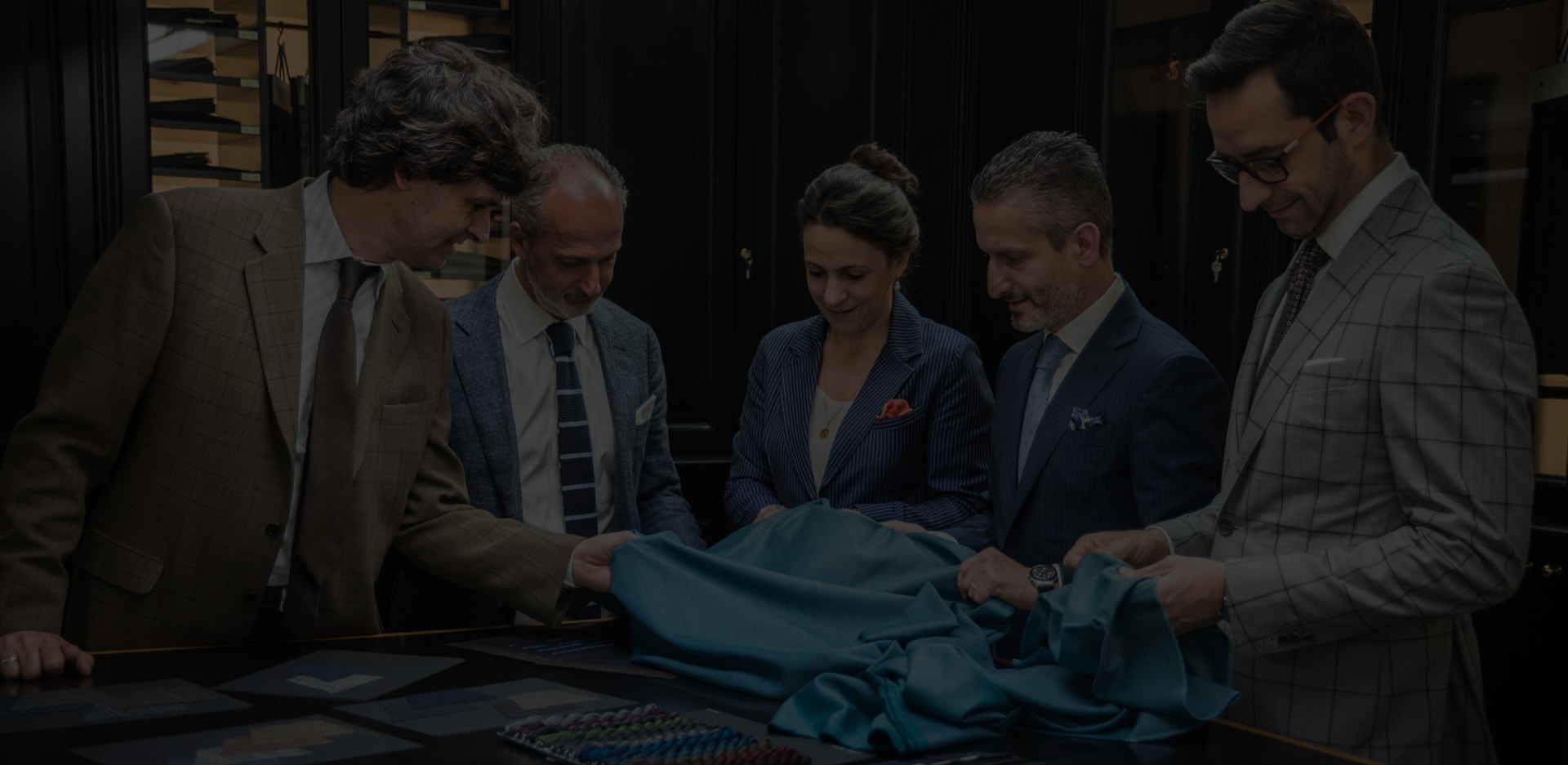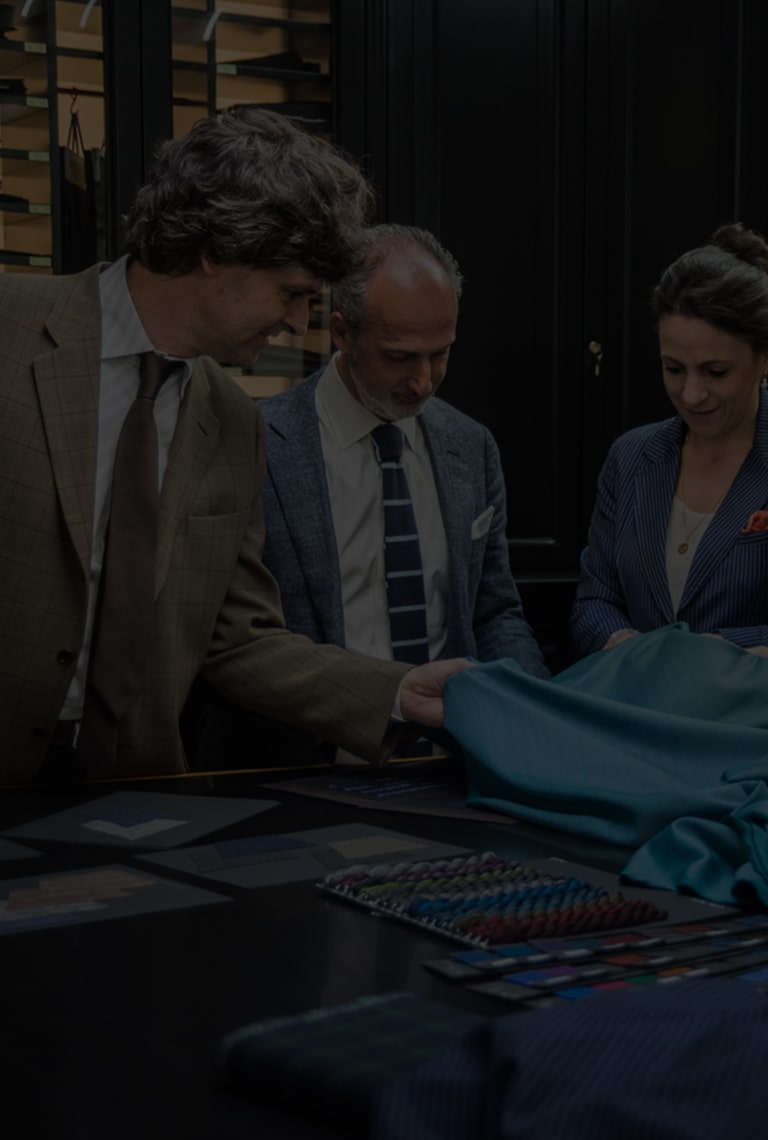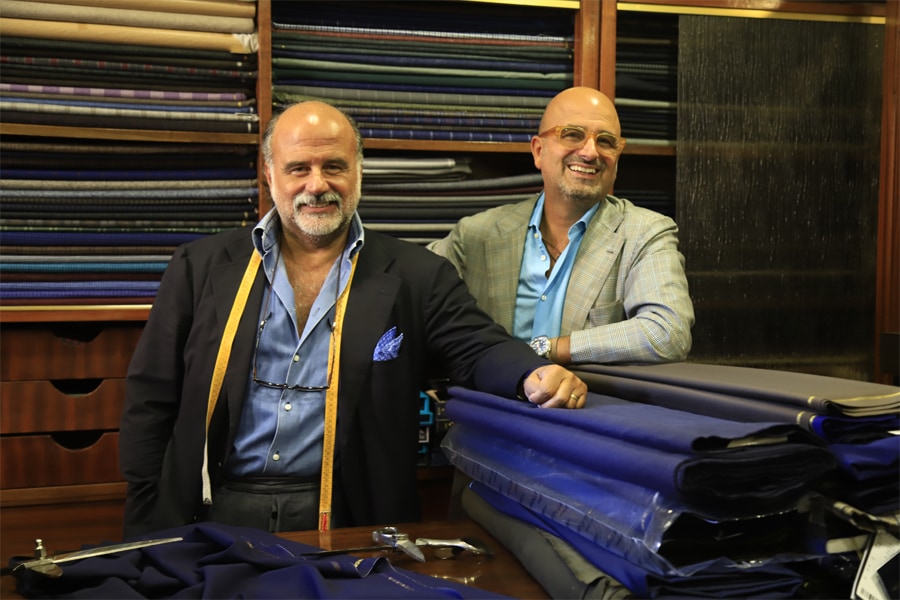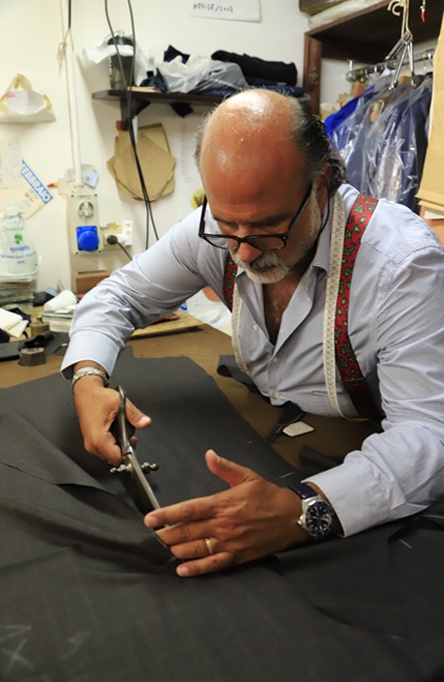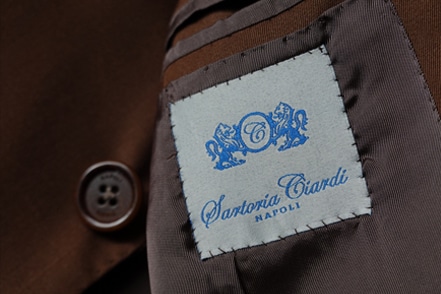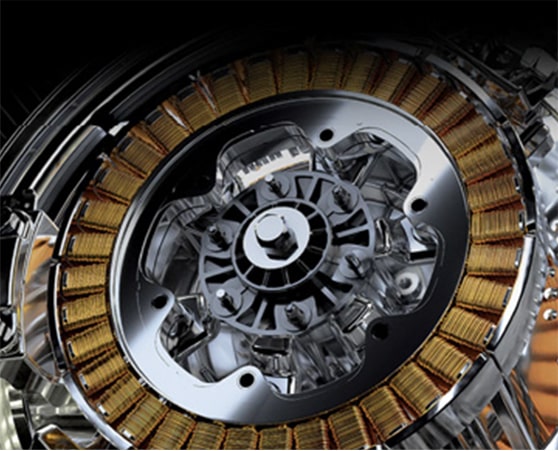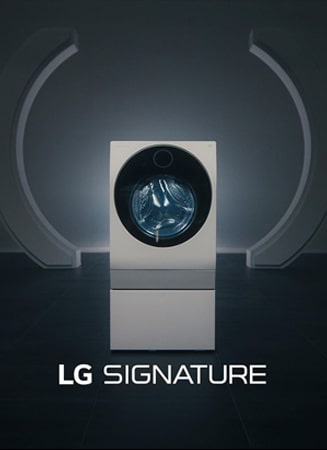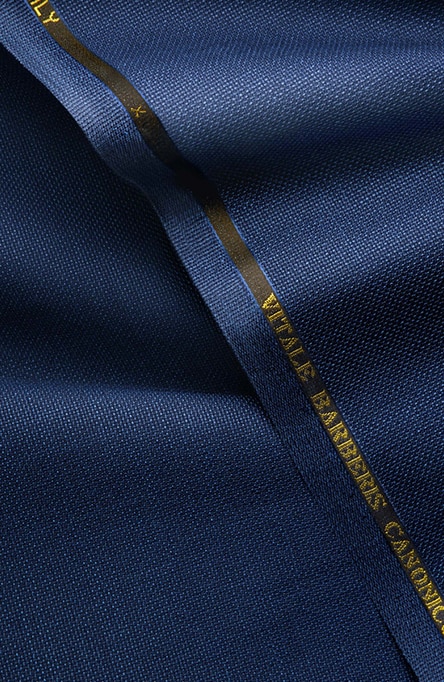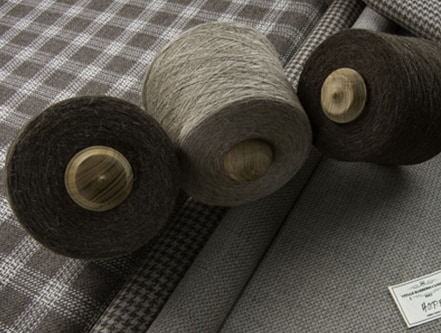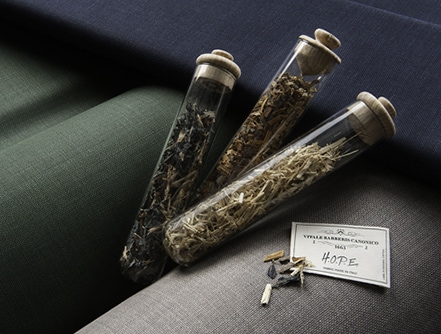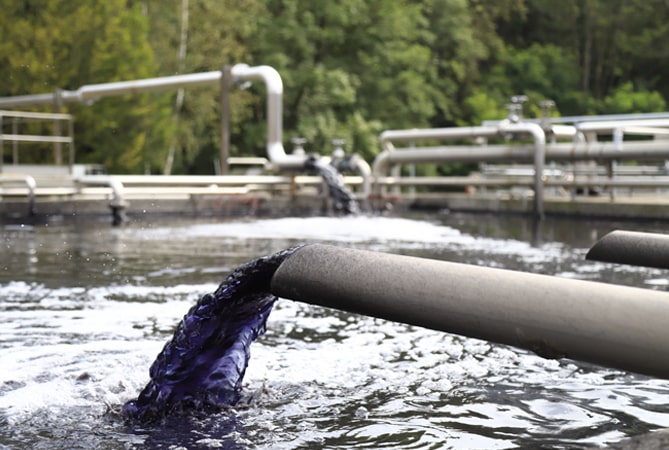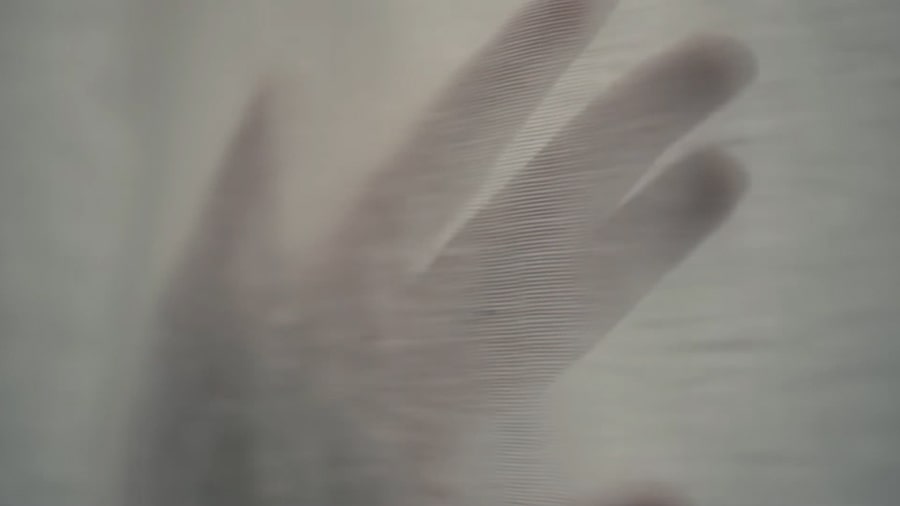When a certain degree of commonality can be found across the looks of different brands, and when the scale of such intersections grows to form a broad stream, a trend is said to have taken hold. Trends are celebrated by many. That said, trends in fashion are becoming increasingly short-lived, since expressionist perspectives remain dominant in mainstream markets. Trend-driven fashion and sustainability in pursuit of enduring value are opposing notions. There are garments that become passé within just a year. On the contrary, some garments remain exciting to wear even after a decade of use. The latter becomes a personal classic - a special item imbued with sustainability.
Here, we look at two Italian brands that have attained classic status. Over the course of many years, they have stood fast to their brands' philosophy and identity. By doing so, people have come to acknowledge their brands' value. The quest for better sustainability has naturally led them to purse the utmost quality while also being mindful of their environmental impact.
Craftsmanship:
Tailoring doesn't make fashion but history
Every year, 5.8 million tons of fabric go to waste in Europe alone (Textiles and the environment in a circular economy, 2019). This is largely due to the proliferation of fast fashion in modern lifestyles, where garments are bought and tossed with equal ease. As if rebuking such lifestyles, one brand has soared to the pinnacle of slow fashion through its dedication to craftsmanship and sustainability: the bespoke tailor Sartoria Ciardi.
Renato Ciardi began working in suit making during the 1940s. He opened his own tailoring shop in 1955 and was joined by sons Enzo and Roberto in 1985. The business has continued making 100% handmade bespoke suits ever since. Their suits are made from hand-cut fabrics which are then pressed and hand-sewn, without the use of sewing machines, right down to even the unseen parts. Spaces for the limbs are shaped through hundreds of presses from a heavy iron, allowing for free movement without any binding across the shoulders or derriere. Such attention to detail is impossible in mass-production factories that rely on sewing machines. Anyone who has actually worn a top-of-the-line bespoke suit, that not only fits comfortably but also brings out one's features splendidly, will find it hard not to grow attached to it.
All throughout the production process at Ciardi, there is virtually no need for electricity, save for the lights and the press. It also goes without saying that some power must feed the espresso machine and the radio - this is an Italian business, after all.
Tailoring is an art that arose from the essential need to dress the human body in such a way that ensures the greatest comfort and beauty. Counting the two fitting sessions, a single Ciardi suit takes nearly a year to finish. However, one is rewarded for the long wait with the very finest suit, which fits as comfortably as a cardigan and masks any shortcomings in physique. Given that such a suit is fundamentally different from fast fashion items, which are built to last only a season or two, it can be worn for life so long as there are no major changes in the wearer's body shape. Furthermore, the most prestigious bespoke tailors, such as Ciardi, make a point of enduring wearability as an aspect of functionality, leaving room for enlargements here and there so that the wearer can hardly notice any changes to the suit's silhouette after adjustments are made.
Likewise, the LG SIGNATURE washing machine strives for sustainable value through the philosophy of craftsmanship, using technology that combines the vitality of materials with the essence of laundering.
One of the washing machine's core technologies that fully embodies this philosophy is the Centum System™, where the inverter DD motor spins the wash basket directly. This eliminates the need for a belt, which is an expendable component, while also enabling improved efficiency compared to conventional indirectly-driven systems. Furthermore, its vibration detection sensors, vibration damping mechanism, and shock absorbers minimize vibration and noise, ensuring a quieter washing environment.
The washing machine is built with 'timeless' materials. The use of white enamel coating allows for ease of cleaning. The black tempered glass offers scratch and shock resistance.
Essence:
The Foundation of Fashion
and Source of Sustainable Fashion
The Italian town of Biella has many streams, making it one of the best-suited places for dyeing textiles in the world. It is here that Vitale Barberis Canonico (VBC), the world's largest and oldest maker of wool fabrics, has been producing textiles since 1663.
As the environmental impact of industrialization emerged as a major issue in the 1980s, VBC focused its efforts on transitioning to eco-friendly production. They built proprietary water treatment facilities and cut back on the emission of contaminants while also adopting a proactive stance on employee healthcare. This reflects the brand's philosophy, which has been shaped over many generations spent living and working as a part not only of nature but also the town of Biella. Such close and lasting proximity has eventually led VBC to perceive the townsfolk it employed as an integral part of the whole environment. VBC's commitment to the environment has coalesced into solid know-how over the past four decades. This has culminated in the launching of H.O.P.E. (How to Optimize People and Environment), an eco-friendly collection of upcycled fabrics which has cemented the brand's status as an industry pioneer. VBC's H.O.P.E. collection introduces undyed, naturally-colored fabrics as well as wool fabrics dyed with natural, plant-based pigments. The collection's centerpieces include RED ERI silk, obtained through cruelty-free harvesting methods from naturally-bred silk worms, and fabrics blending Spanish Moretta wool with hemp, a fiber source that consumes little water and requires no pesticides. Another point of distinction for the collection is its commitment to luxury, dispelling any preconceptions about the quality of upcycled products relative to new ones.
Laundering garments made from such high-end fabrics calls for careful attention, as both washing and drying can impact the overall lifespan of garments. LG SIGNATURE’s AI DD technology helps protect garments by detecting not only the weight but also the fabric characteristics of the load to deliver optimal results. This ensures minimal damage to the fabric, letting the user enjoy their favorite garments in well-cleaned condition for many more years.
Creating garments that wearers can grow attached to is arguably the key factor for lending sustainability to fashion. This is determined by how well-made the garment is - which is, in turn, the end result of the garment-maker's philosophy and dedication to value. This is not something that is easily attained. Rather, it is a reputation that must be validated through the choices and evaluations of many people over a long period of time. Brands that have proven their worth as craftsmen over the years don’t get caught up in fads or momentary trends. They show remarkable staying power and maintain a broad base of loyal fans. Such staying power is inextricably linked to a brand's sustainability. Likewise, LG SIGNATURE has held fast to value that will stand the test of time by continually advancing its technological capacities, which embody both its philosophy of craftsmanship as well as a focus on each product's essentials. By introducing new features for added user convenience via meticulous manufacturing and encouraging user attachment to its products, LG SIGNATURE is securing its staying power as a brand through its sustainably usable products.





